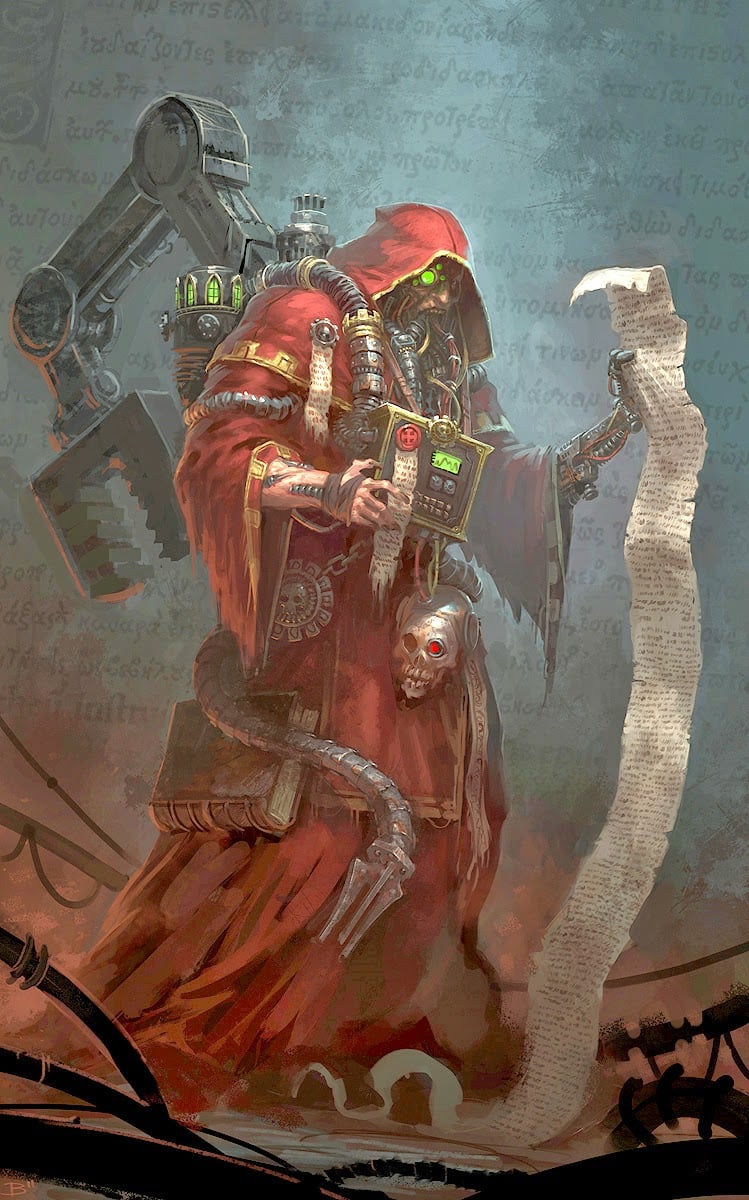If cloud gaming ever becomes the norm, the consumer will have no power left. That’s their end game, to lock us into platforms and extract subscription and when they can’t get more subscribers they will demand higher prices and add more advertising. People who are paying for game pass, are investing in this future for gaming.
I don’t disagree with the sentiment, but I don’t see even a single mention of cloud gaming in the article?
This is about studio closures and a disconnect between MS’s actions and the types of games they say they want.
MS surprise launched hifi rush with zero marketing, put it on gamepass day 1 then complains it didn’t meets ales expectations and shuts down the studio that made it. Now, 48 hours later, they are saying they need more games like that.
It may not be directly referenced in the article but cloud gaming was absolutely a part of what led to the closure of tango gameworks.
Gamepass isn’t cloud gaming, though. It’s a game subscription, but cloud gaming is only optional and only available for a subset of games. All of the games however can be downloaded and are played locally.
It’s optional for now.
I’d only take this as a valid point if you could point to any games succeeding in spite of being cloud only. When Stadia tried it, it kneecapped them.
You are right, that there are no games now bound to the cloud right now. But look at Microsoft business model in other areas. It’s all software as a service, web apps in the cloud, that businesses pay a subscription to use. It’s great way to extract value from customers, because it gets harder and harder to move away from these platforms. Your data, save games, your friend list, your ability to play multiplayer and so on, get increasingly locked to one platform, which makes it harder to move. And then Microsoft can just collect rent, they don’t have to innovate or compete on a free market. This trend is sometimes called techno-feudalism.
dsfgasfsaf
I’d argue that xcloud and gamepass are equally disruptive to the industry. In either case you don’t own the games and they are tied to a subscription. Whether the game is running locally or in remote hardware doesn’t change how it impacts development and sales of games.
Cloud based gaming is not going to replace owning hardware unless they can ensure sub 20ms response time for every and I don’t belive that target is feasible but either case is bad for gaming as a whole. Games with 100 million dollar budgets are never going to see a positive ROI on services like gamepass and are reliant on gamers being willing to pay full price at launch.
My point is that Gamepass and similar services will kill AAA games if they become the primary way people access games and that is something that is best avoided. Games need a 6-12 month buffer to hit sales targets before they are considered for subscription services, otherwise the entire business model will fall flat on its face and take gaming with it.
Removed by mod
Sure that’s how it is now. As soon as the technology is mature enough, they will slowly begin to make a push for cloud only games. In that way they have total control. They can’t do it now because the technology is not quite there yet, and people is not ready. But you can see where they are heading. All business software such as Office and other cloud services is already there.
dsfgasfsaf
Sony is just as bad. Sony use the same tactics to vendor lock its users.
dsfgasfsaf
There’s also GeForce Now and they seem to be doing okay but at supposed 25 million registered users, that doesn’t seem like that much all things considered. For comparison, I can’t get the number of registered Steam users but they alone have around 30 million concurrent users on a typical day.
dsfgasfsaf
Luckily we already have maaaany good games available to download. So even if all future games were only playable on some cloud I wouldn’t give a fuck
I’d still be mad though. Hopefully enough people would so that it will never become reality
Fortunately, it seems Game Pass subscribers have pretty much stalled out since 2021. There’s been no significant ride in subscribers since then.
There’s a huge difference between game pass and cloud gaming though. The way things are, cloud gaming isn’t gonna take off for a long time. And game pass games aren’t exclusive to game pass,i very much doubt it would make much financial sense to do that either as things are right now. Game pass and game sales aren’t mutually exclusive. Most people are still more than willing to pay full price for games rather than renting it except in certain situations.
DRM
Microsoft Corporation is confused. It hurt itself in confusion.
Not you, silly. Like you.
Yeah, like your crush telling you “I wish I met a guy/girl like you.” 😐️
And this is why actions speak louder than words
Microsoft is really rimjobbing that kafkaesque.
There have been a lot of good responses to the studio closures and good articles written, but this is not one of them.
Hi-Fi Rush was not a small project, and putting it in the same bucket as Balatro and Manor Lords is outright bizarre. It’s far closer to AAA budget scale than it would be solo/small indie projects.
Edit to add:
I don’t know how the fact presented here ended up being controversial somehow, but don’t take my word for it. Here’s a quote from John Johanas, Hi-Fi Rush’s director:
It was supposed to be a small project from Tango. And people probably see it as this weird, sort-of AA title. Or people are like, “Oh, they made a nice indie game.” This ain’t no indie game. Obviously, I can’t say how much it cost, but it was not a cheap game to make.
And lead programmer Yuji Nakamura:
For the first two years I would say it was a small project. But what John wanted to make was not a very small thing to do. We needed to get more and more people to help. In my mind, small projects would be maybe 20 to 30 people for two years. We ended up developing for about five; I wouldn’t call it a small project at all.
Hi-Fi Rush: From a Little Idea to a Very Big Surprise – The Exclusive Oral History
It’s weird because you’re both right and wrong.
It’s not AAA by any stretch. It was sold at a fraction of the usual price point, it’s advertising was non-existant, and it makes no effort to do the usual AAA things: live-service, online multiplayer, “you can play it forever”, etc. are are not present.
But putting it side-by-side with Manor Lords and Balatro, the latter of which was a single-person dev, also doesn’t suit it. It has a real studio, a dev team with experience, and at least enough of a budget to license real music from popular (or at least, once popular) artists. I’d perhaps agree with your statement that it’s closer to AAA than to a “small dev” game, but it is true that it’s a “smaller game that [gives Microsoft] prestiege and awards”.
This is a great article highlighting the pig-headed double speak going on at Microsoft’s gaming divisions. On the one hand, they’re cutting studios and supposidly refocusing on their core offerings, while simultaneously describing the experiences they want to offer as exactly the studios they just cut. The absolute worst part is I can’t help but suspect that they’re going to take the IP, push it on a different dev team that they control and give it the Fable treatment: “this IP was so well received; make a sequel that checks all these boxes that our market research data tells us popular, profitable games have” while conviniently ignoring the passion and vision that the original devs poured into the original title.
I see the contradiction. And I’m not saying the game was AAA-sized, although live service, multiplayer, or ongoing support are not requirements for the term. It’s a budget classification. Hi-Fi Rush had 1,400 people in its credits.
My comparison to Balatro was more in the line of “Cleopatra lived closer to present day than the era the Great Pyramid was built.” We’re talking about massive gaps in scale, and gaming communities tend to have trouble reconciling that. Balatro is not Hades, Hades is not Hi-Fi Rush, Hi-Fi Rush is not Starfield.
I keep hearing it referred to an an “A” or “AA” game, which seems appropriate.
As long they keep their gruby little mitts off of Unseen, they can go fart in a box for all I care.







